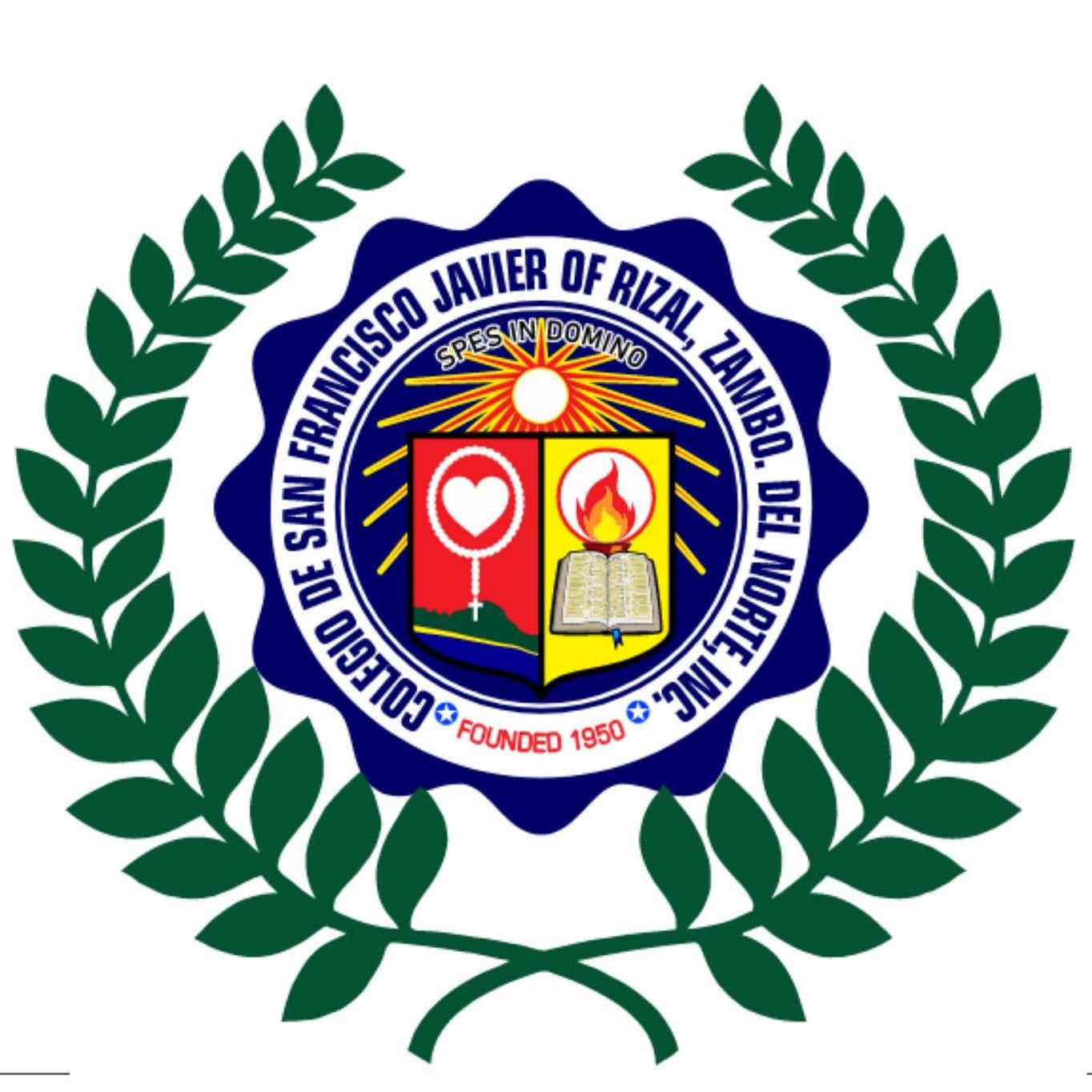STUDENT PERCEPTIONS ON CLIMATE CHANGE: INSIGHTS FOR FORGING ACTION PATHWAYS
Keywords:
climate change awareness, climate anxiety, environmental literacy, participatory education, Yonmenkaigi System Method, college studentsAbstract
This study investigates the post-pandemic level of climate change awareness, perceived climate-related issues, emotional responses, and action pathways among college students in the Philippines. Framed by the country’s climate vulnerability and relevant policy directives, the study employed a quantitative descriptive-correlational design using a validated survey instrument adapted from the Yonmenkaigi System Method (YSM) to capture both cognitive and affective dimensions of climate awareness. Data were gathered from a purposively sampled group of college students and analyzed using descriptive statistics and Pearson correlation in Microsoft Excel. Results show that students are generally "well aware" of the causes and effects of climate change and environmental issues such as deforestation and pollution but demonstrate limited recognition of indirect and psychosocial impacts like drought and climate-induced mental health problems. Moderate levels of climate anxiety were reported, along with high satisfaction with institutional responses; however, participation in climate initiatives was low. A small but statistically significant positive correlation (r = 0.25, p < .01) was found between awareness and anxiety, indicating that greater knowledge slightly increases concern. These findings highlight the need for more participatory and action-oriented climate education to strengthen the link between understanding and engagement. The study supports CHED Memorandum Order No. 20 (2017), the National Climate Change Action Plan (2021), and the Sustainable Development Goals (SDG 13 and SDG 4), contributing to the literature on environmental literacy and youth empowerment in Philippine higher education.





